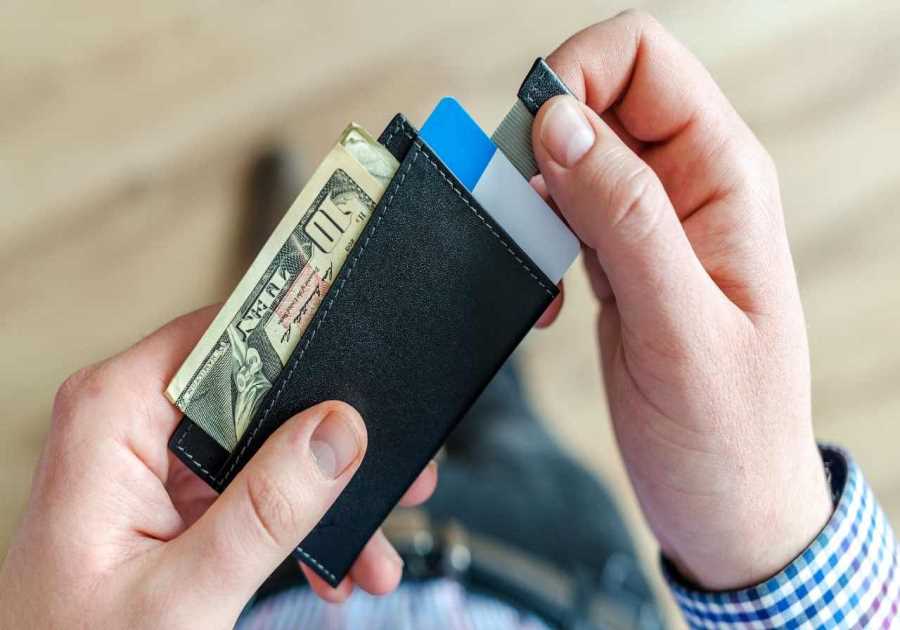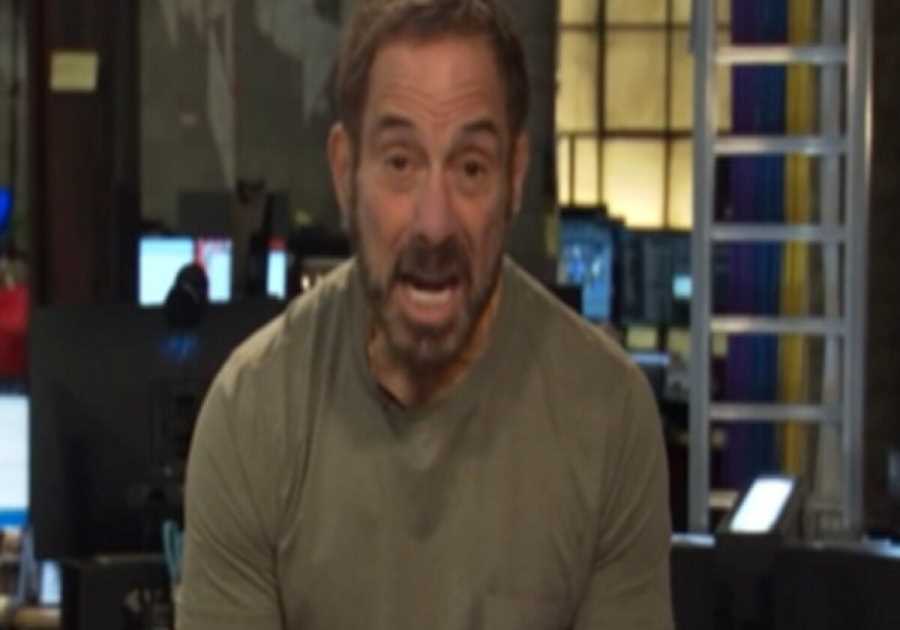Many DINKs wonder what will happen to their estate if they don’t have children. It’s important to have a will and put thought into estate planning if you don’t have heirs. This way, your assets will be distributed as you intend them. But if you don’t have a will, which is called dying intestate, your estate is distributed according to your state’s intestacy laws. Here’s a general breakdown of who typically inherits in order of priority.
A General Estate Planning Breakdown
Dying without a will leaves a lot of things up in the air. Here’s a look at who stands to inherit what you leave behind if you don’t have any estate planning done.
- Spouse: If you’re married, your spouse usually inherits most or all of your estate, especially if you have no children. However, if you have living parents or siblings, some states may require the estate to be split between your spouse and them.
- Parents: If you’re not married and have no children, your parents are next in line to inherit your estate.
- Siblings: If your parents are deceased, your siblings or their descendants, like nieces and nephews, inherit.
- Extended Family: If no siblings, the estate may go to grandparents, then to aunts and uncles, and then to cousins.
- The State: If absolutely no living relatives can be found, your estate may “escheat” or go to the state government.
The Law Comes Into Play Too
It’s also worth noting that not all assets go through the probate process. Bank accounts with payable-on-death (POD) designations, jointly owned property, and accounts with named beneficiaries, like IRAs or 401(k)s, will usually bypass the will or intestacy laws entirely. That’s why it’s crucial to regularly review and update your beneficiary designations as your life and relationships change.
Remember, each state has different laws when it comes to intestacy. For example, in community property states, like California, your estate may be split among heirs. All decisions about your estate will be made by probate courts. These decisions may change over time based on legal precedence.
Many of the intestacy laws are complex, especially if you have multiple properties and assets. Not all of your assets will pass through intestacy. For example, if you have property in a living trust, it will pass directly to the beneficiaries you name. The same is true if you have life insurance or retirement accounts where you named beneficiaries. It’s best to consult a lawyer if you have specific questions regarding your estate.
Estate Planning Considerations
The rigid hierarchy of heirs under intestate succession can sometimes lead to family disputes, especially if succession leads to family members inheriting assets that were not close to the deceased. Remember, a will overrides intestacy laws. If you want control over who gets your assets, create a will or trust. Unmarried partners, friends, or stepchildren do not inherit under intestacy laws unless legally adopted or named in a will.
Read More
Planning for an HVAC Replacement Without Breaking the Bank
Crypto investing with your partner: Top tips
------------Read More
By: Teri Monroe
Title: Who Gets Your Estate If You Have No Children?
Sourced From: www.dinksfinance.com/2025/06/who-gets-your-estate-if-you-have-no-children/
Published Date: Wed, 11 Jun 2025 12:27:22 +0000
Did you miss our previous article...
https://trendinginbusiness.business/finance/reconciling-small-business-accounts
.png)





